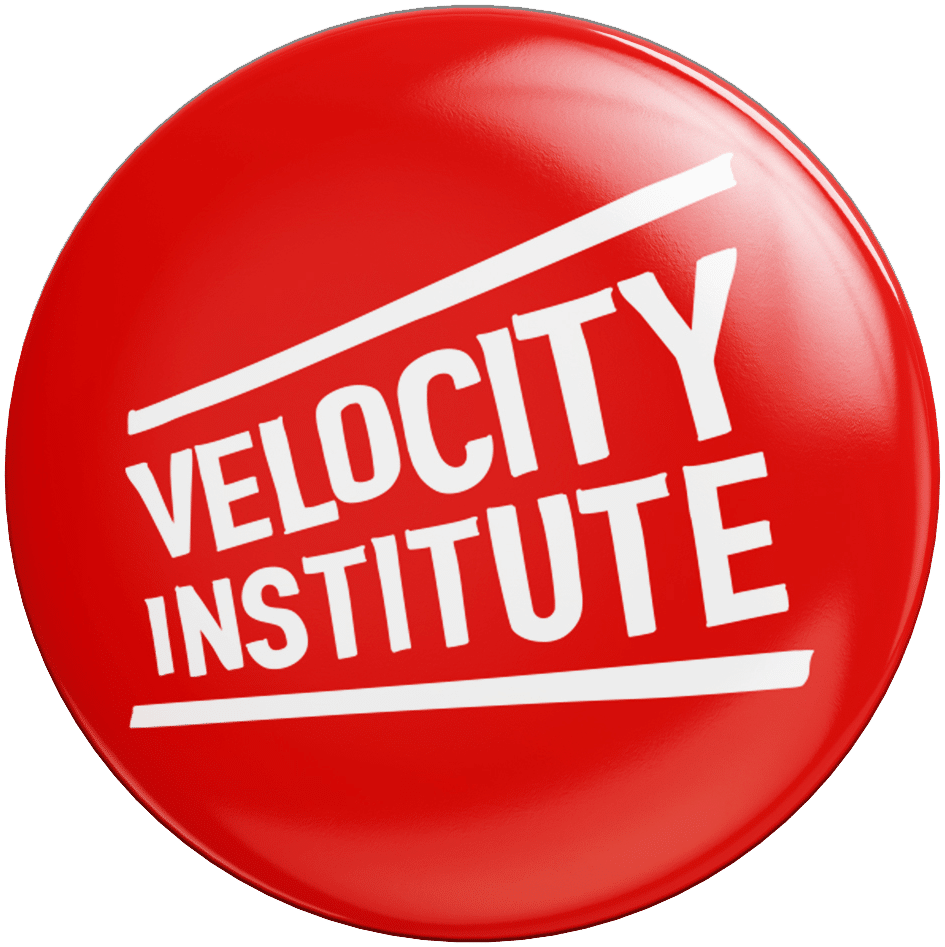
Welcome to Velocity Talks, where we have the privilege of engaging with thought leaders in the retailer-owned brand space. In this episode, we are excited to have Lauren Porter, Director of Growth and Innovation at Howgood, join us. Howgood is the world leader in helping food companies measure and communicate their sustainability impacts. With a focus on agricultural supply systems, Howgood provides granular sustainability data for the food system, enabling companies to analyze their carbon footprint, develop abatement strategies, and validate sustainability claims.
In this thought-provoking conversation, Lauren shares insights into the growing importance of sustainability in the private brand industry, the role of data in driving change, and the future outlook for private brands and sustainability.
The Shift Towards Sustainability
Lauren highlights the increasing significance of sustainability in the private brand industry, driven by mounting regulatory pressure and consumer demand. She emphasizes the need for retailers to prioritize carbon footprinting and reporting as they approach their carbon reduction commitment deadlines. Lauren states, “Private label will be a retailer’s primary tool for carbon reduction through product innovation.”
She further explains that sustainability is no longer just a buzzword; it has become a key factor in consumer purchasing decisions. Consumers are actively seeking information about the sustainability of the products they buy, and they expect companies to help them be more environmentally friendly and ethical. Lauren cites studies that show a significant percentage of shoppers want retailers to invest more in sustainability.
The Power of Data in Driving Change
Howgood’s sustainability software, plays a crucial role in helping food companies measure and communicate their sustainability impacts. With over 33,000 different food ingredients and materials and more than 100,000 sourcing location production standard combinations, provides comprehensive insights into the climate change impact metrics of various products.
Lauren explains that the platform allows retailers and manufacturers to compare different ingredients and sourcing locations, enabling them to make informed decisions about their product formulations. She states, “In formulation mode, you can compare the 250 types of sweeteners that you potentially use and look at sorting by who has the lowest greenhouse gas, not only by sourcing location, but also specific vendor information.”
The platform also helps manufacturers identify opportunities for improvement within their supply chains. By analyzing the data provided by Lattice, manufacturers can develop abatement strategies and prioritize actions to reduce their carbon footprint. Lauren emphasizes that the platform empowers manufacturers to take control of their sustainability goals and make positive changes within their own business.
Private Brands and Supplier Engagement
Lauren highlights the growing trend of private brand teams seeking assistance in engaging their suppliers to improve sustainability. Howgood’s platform provides tools for private label brands to collect data from their suppliers and create improved climate scenarios within their products. This collaboration between private label brands and suppliers is crucial in driving sustainability initiatives throughout the supply chain.
Lauren explains that private label teams can use Howgood’s platform to engage their suppliers and collect primary data, which can then be used to validate sustainability claims and improve the overall impact of their products. This collaboration not only benefits the private label brand but also helps suppliers understand the importance of sustainability and encourages them to make positive changes in their own operations.
The Future of Private Brands and Sustainability
Looking ahead, Lauren envisions a future where private brands play a pivotal role in driving sustainability within the food industry. She predicts that private label will be the first place retailers look to reduce their carbon footprint and reach their sustainability goals. With consumers increasingly prioritizing sustainability in their purchasing decisions, private brands have the opportunity to drive sales velocity and margin by offering products with improved sustainability impacts.
Lauren cites the example of Giant Eagle, one of Howgood’s retail partners, who have successfully implemented Howgood’s rating system on shelf tags. This system helps build trust with consumers by communicating the improved impact of private label products compared to other products on the shelf. Lauren believes that private brands have the potential to lead the way in sustainability and create a positive impact on the environment and society.
Conclusion and Future Outlook
In conclusion, sustainability is no longer a choice but a necessity for private brands. With mounting regulatory pressure and increasing consumer demand, retailers and manufacturers must prioritize sustainability and take proactive steps to reduce their carbon footprint. Howgood’s platform, Lattice, provides the necessary tools and data to measure and communicate sustainability impacts, enabling companies to make informed decisions and drive positive change within their supply chains.
The future of private brands and sustainability looks promising. As consumers become more conscious of the environmental and ethical impact of their purchases, private brands have the opportunity to differentiate themselves by offering sustainable products. By leveraging data and engaging suppliers, private brands can drive innovation, reduce their carbon footprint, and build trust with consumers. The shift towards sustainability is not just a trend; it is a fundamental shift in consumer behavior and expectations.
As we move forward, Retailers and their brands must continue to prioritize sustainability and collaborate with partners like Howgood to create a more sustainable future. By embracing sustainability and leveraging data-driven insights, private brands can lead the way in driving positive change and making a lasting impact on the planet and society as a whole.
Related Incites
2025 EVENTS
TICKETS, SPONSORSHIPS & EXPO BOOTHS NOW AVAILABLE







